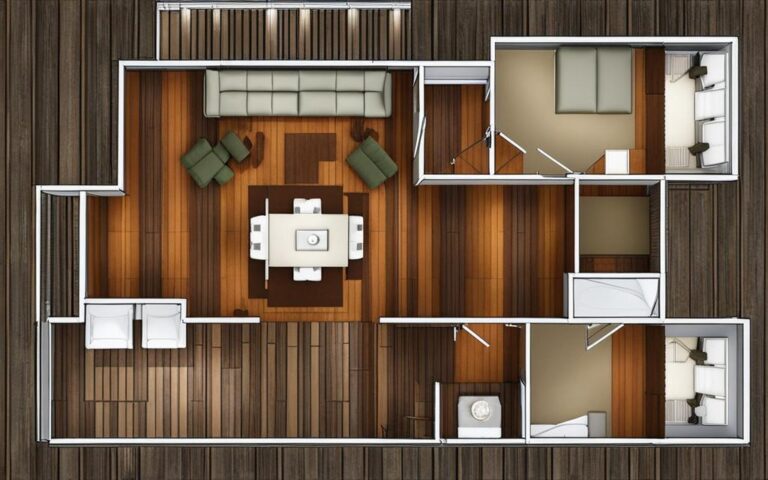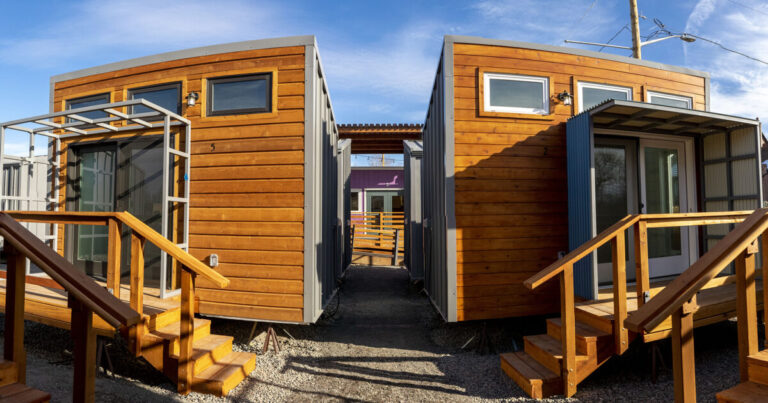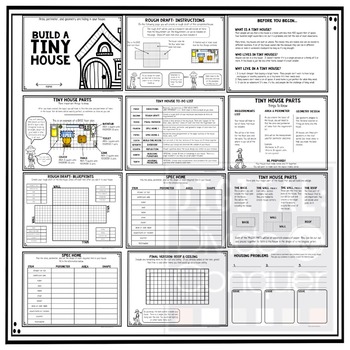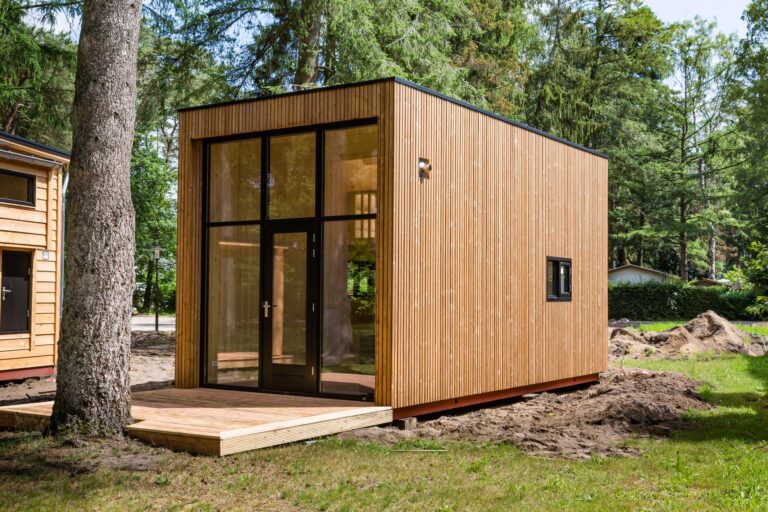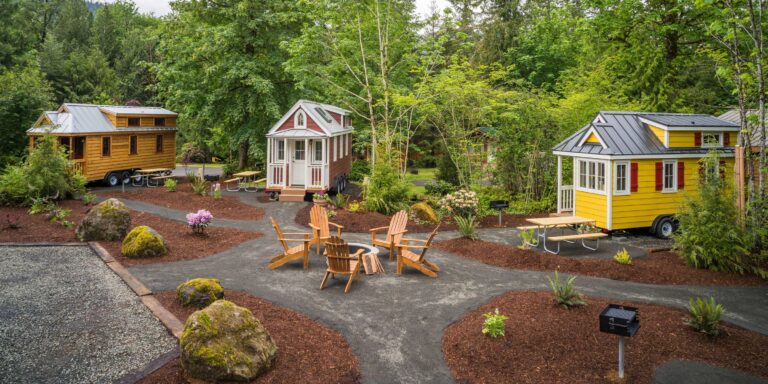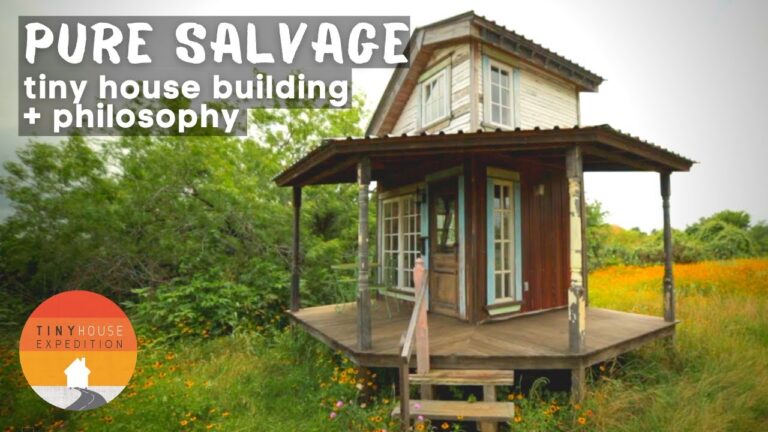- HousePlans.Blog
#1 House Plans Resource
Whether you’re an aspiring homeowner, an architect, or a real estate developer, our home planning resources and home floor plans are an asset for creating your ideal home or living space. With their detailed accuracy and versatile designs, our floor plans make it easier than ever to turn your vision into reality, bringing efficiency, beauty, and comfort to every corner of your home.
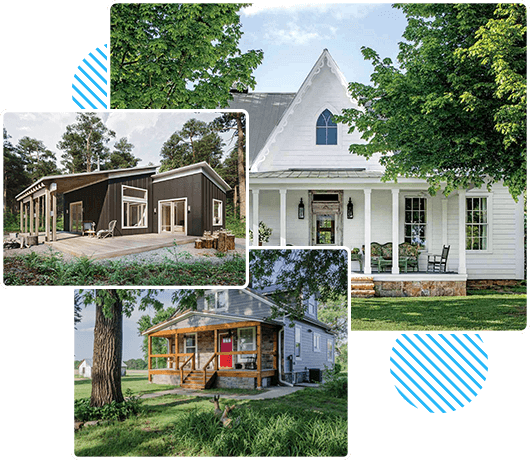
About Us
House Plans, Design Ideas, Inspirations, Oh My!
Welcome to Houseplans.Blog! We have researched and have 32 years of home building experience. From the rugged charm of Barndominiums and Farm Houses, the ingenious compactness of Tiny Houses, and the rustic grandeur of Barns, we offer comprehensive insights into diverse housing traditions.
Explore design inspiration, expert advice, and detailed guides to help you shape your dream home. Whether you’re building, renovating, or simply curious about unique architectural styles, Houseplans is your one-stop hub for everything related to exceptional, comfortable, and sustainable living. Join us and embrace your journey towards distinctive living.
House Plans
Where To Buy House Plans
Whether you are planning to create a Barndominium, Farm House, Tiny House, or Barn House, the first thing you have to do is create or buy a set of house plans. We also provide traditional, and ready to go stock house plans.
Creating a home floor plan, is an integral part of architectural and interior designs. It is a scaled down diagram of your future home from a birds eye view. For an effective house floor plan, you need to go through the following steps:
- Understand the Basics
- Determine the Purpose
- Measure Your Space
- Sketch a Rough Draft
- Start Your Scale Drawing
- Add Architectural Features
- Review and Refine
- Share, Get Feedback and Adjust
- Finalize Your Floor Plan
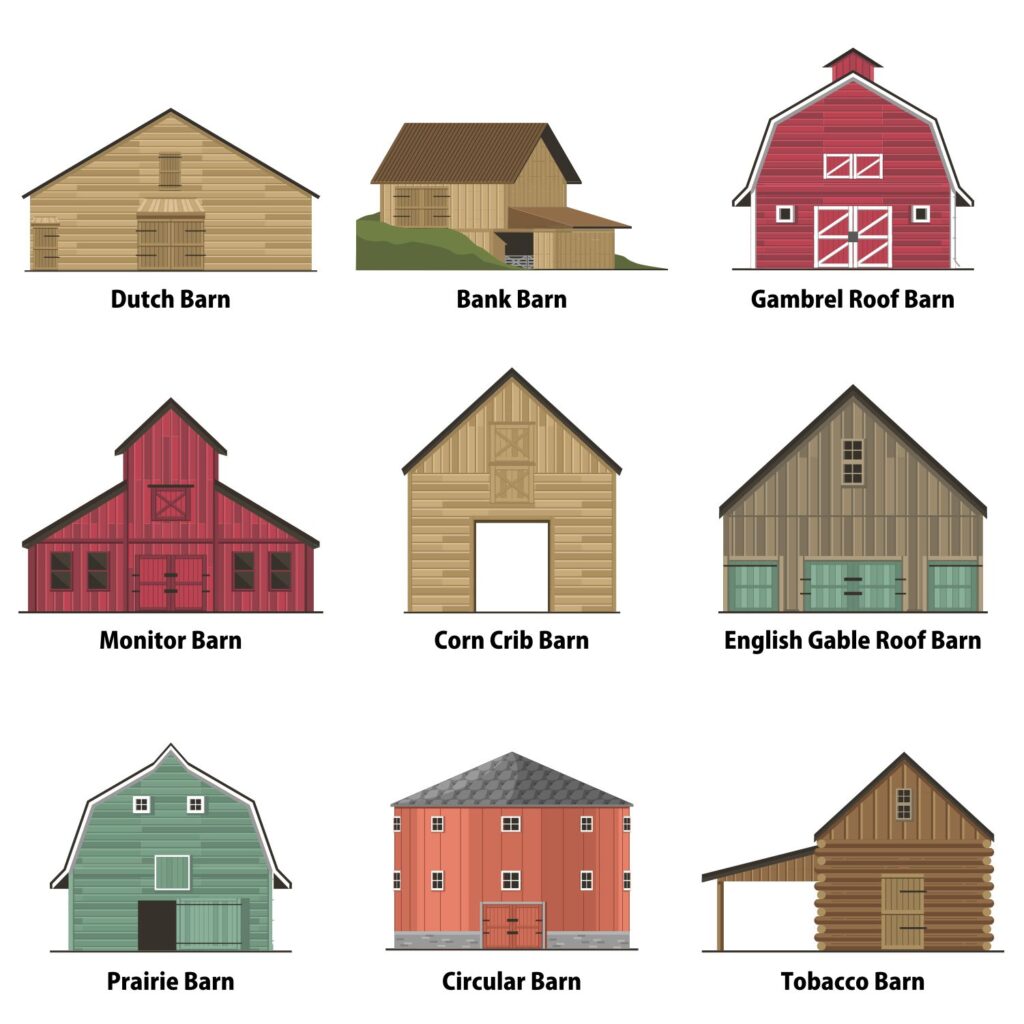
Steps
5 Simple Steps To Building A House
Planning and Design
The first step involves understanding your requirements, budget, and style preference. Meet with an architect or a designer to create a floor plan that suits your needs.
Site Preparation
Choose a suitable location for your home. . This involves clearing the land of trees, rocks, and other debris. Depending on the land's condition, it may also require leveling or grading.
Foundation
Once the site is prepared, the foundation is laid. The type of foundation (slab, crawl space, or basement) will depend on your design plan and the region's climate and soil type.
Building Construction
After the foundation is laid, start with the building's frame. This stage involves erecting the walls, installing the roof, and setting up basic plumbing and electrical systems.
Interior Finishing
The final step involves finishing the interior as per the design plan. This includes installing insulation, drywall, flooring, fixtures, and appliances.
America's #1 House Plan Company
Stock House Plans and Custom Designs
Design A Custom Home In 14 Days Or Less
FAQ
Frequently Asked Questions
A Barndominium serves as a unique home style, merging the versatility of living quarters with the functionality of a barn or workshop. Constructed primarily from steel frames, they offer a high degree of customization in design and layout. Their popularity stems from their durability and minimal maintenance needs.
As a rule, Barndominiums can be more budget-friendly to construct per square foot than conventional homes, thanks to their straightforward construction process and material expenses. Nonetheless, the ultimate cost can fluctuate based on design specifics, size, and geographical location.
Farm Houses captivate with their inviting, vintage charm. They typically showcase open-floor plans, extensive porches, and large windows that bridge indoor and outdoor spaces. Their design philosophy usually mirrors the simple, pragmatic essence of countryside living.
Certainly! Contemporary Farm Houses intertwine the aesthetics of the rural past with modern design principles. Clean lines, expansive layouts, abundant natural lighting, and a fusion of rustic and contemporary materials are hallmarks of these renovated homes.
A Tiny House is a compact residential space, usually spanning between 100 and 400 square feet. They are favored for their minimalist, efficient blueprint, often integrating furniture with multiple uses and clever storage solutions to optimize the confined space.
Regulations for Tiny Houses differ significantly from place to place. It’s crucial to scrutinize local zoning rules, building codes, and housing norms prior to settling in a Tiny House.
A Barn House, alternatively known as a Barn Home, is a dwelling crafted to mimic or refurbish an existing barn. High ceilings, spacious layouts, and elements bearing rustic overtones characteristic of traditional barns are typical features.
Several techniques can be used for insulating Barn Houses, including spray foam, blanket, or rigid board insulation. Factors like the local weather conditions and the particular Barn House design will influence the chosen insulation method.
Indeed, all these house categories can be engineered to be energy conscious. Key factors such as effective insulation, application of energy-efficient devices, incorporation of renewable energy systems, and thoughtful design to leverage natural light and warmth contribute to their energy efficiency.
Undoubtedly! A significant allure of Barndominiums, Farm Houses, Tiny Houses, and Barns lies in their customizable nature. Collaborating with an architect or builder allows you to adjust floor plans, interior and exterior aesthetics, and other design features to craft a dwelling that resonates with your personal style and caters to your distinct needs.
Our Blog




